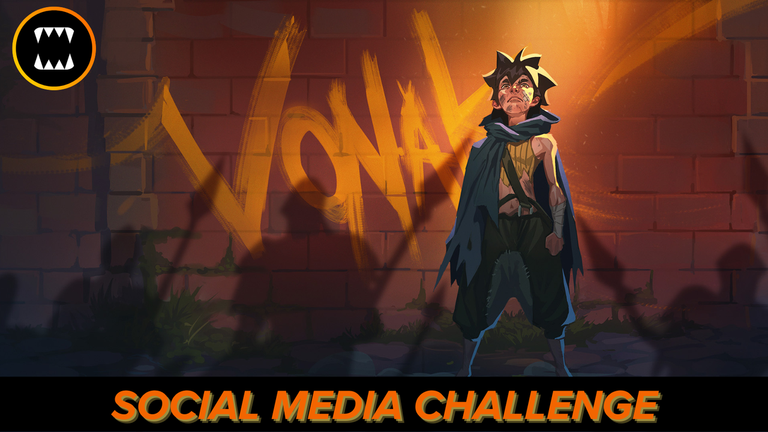
Splinterlands, the dynamic hive blockchain game that has captivated players around the globe, is continually evolving as usual. One of the most exciting updates recently introduced is the loot chest reward system for league tier advancement in ranked play. This new feature not only enhances the player experience but also significantly impacts the overall ecosystem of the game. I will dive into how this advancement impacts players' zeal and benefits Splinterlands.
Enhancing Player Motivation
The new loot chest system is a powerful motivator for players. By providing rewards for advancing to higher league tiers, Splinterlands incentivizes players to invest time and effort into improving their skills. Players will feel a sense of accomplishment as they move up from Bronze to Silver and beyond, knowing that each advancement is not just a number on a leaderboard but a tangible reward waiting for them.
The thrill of receiving loot chests creates a sense of urgency and excitement. Players will be driven to strategize their gameplay, analyze their card collections, and refine their tactics. This competitive spirit fosters a vibrant gaming environment, where players are eager to test their skills against others.
Cultivating a Competitive Community
As players strive to reach new tiers, the competitive nature of Splinterlands intensifies. This competitiveness nurtures a sense of community among players. As we Splinterlands players push our limits and share strategies, the overall knowledge base of the community grows. Players are more likely to engage with one another, forming friendships and alliances that enhance the social aspect of the game.
Additionally, the excitement surrounding league advancements can lead to more discussions and content creation within the community. Players may share their achievements on social media or engage in discussions on forums, further strengthening the game's community. This camaraderie not only benefits players but also elevates Splinterlands as a thriving platform.
Strategic Depth and Skill Development
With the introduction of loot chests tied to league advancement, players are encouraged to delve deeper into the mechanics of the game. Understanding card synergies, honing deck-building skills, and mastering strategic gameplay become essential for climbing the ranks. This emphasis on skill development adds depth to the game, making it more than just a casual pastime.
Players will find themselves analyzing past matches and learning from their mistakes, which leads to continuous improvement(actually one of the best ways to improve hehe). This iterative process of learning and adapting is at the heart of any competitive game and creates a more enriching experience for players. As they develop their skills, the game remains fresh and engaging, reducing the risk of player burnout.
Better Rewards Mean Greater Collection Diversity
The loot chests, which can contain cards, potions, and other valuable items, enhance the diversity of players’ collections. As players advance through the leagues and earn rewards, they will have the opportunity to acquire new cards and items that can strengthen their decks and strategies. This constant influx of new content keeps the game exciting and prevents stagnation.
Moreover, the loot chests serve as a gateway for newer players to catch up with the experienced. By earning valuable cards and resources, even those who are just starting can quickly enhance their gameplay and increase their competitive edge. This leveling of the playing field is crucial for maintaining a healthy game environment, where both new and experienced players can find enjoyment.
Long-Term Benefits for Splinterlands
From a broader perspective, the introduction of loot chests for league advancements is a strategic move for Splinterlands as a platform. Increased player engagement leads to a more active user base, which in turn attracts potential investors and sponsors. A thriving community and consistent player activity are vital for the game's longevity and success.
Moreover, the system encourages players to log in regularly, creating a stable flow of activity within the game. This not only enhances the player experience but also improves the overall health of the game’s economy, as players are more likely to buy cards and in-game items.